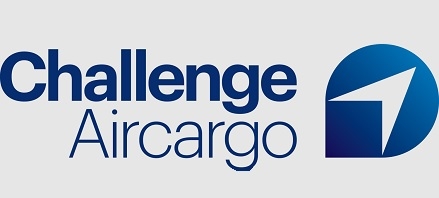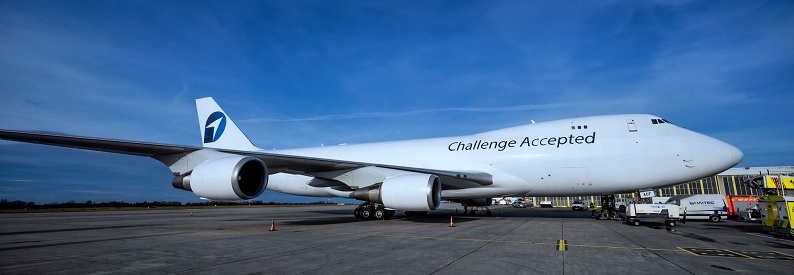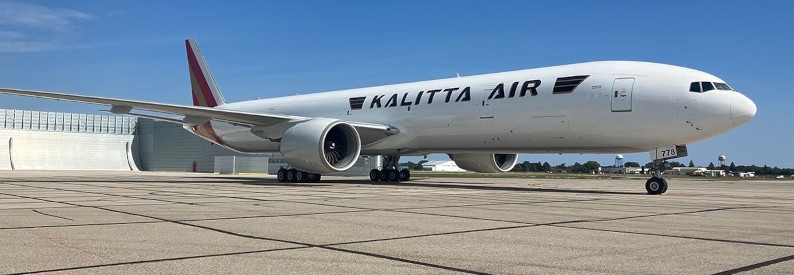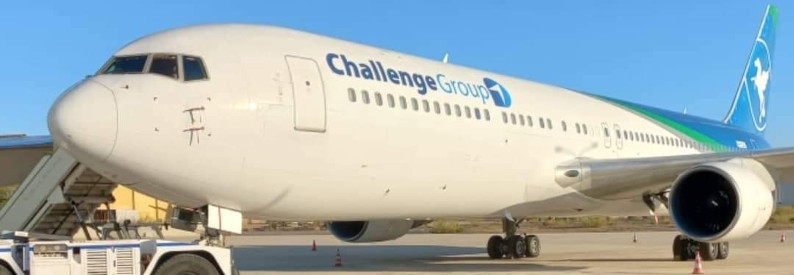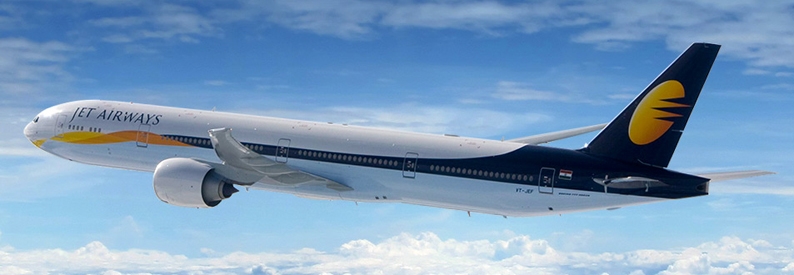Challenge Group is planning to establish a cargo hub in the United States, akin to Liège in Europe, Chief Commercial Officer Or Zak told Air Cargo News.
"The idea of setting up a hub in the US has been there for quite some time. In Liége, we were the first ground handler, and we are now also the biggest in terms of square metres, with four facilities and quite a diverse operation," he said.
The airline is now looking for a strategic partner - which could be a shipping company or a "complementary" airline - to jointly open the new base. Zak said Challenge Group will focus on serving a subregion of the United States, as the country is too big to treat it as a single market. While he did not give any airport names, he recalled that the holding entered Liége when it was a very small airport and grew it together with its partners, suggesting that the US base could also be placed at a secondary cargo gateway.
Besides the Challenge Airlines BE (X7, Liège) hub at Liége, the group also operates a Challenge Airlines IL (5C, Tel Aviv Ben Gurion) "mini-hub" at Tel Aviv Ben Gurion mainly for shipments between China and Europe. The group aims to offer integrated "mid-mile" services that include not only the freighter service but also customs, ground handling, and some ground shipments.
The group currently operates one B767-300ER(BDSF) on the Challenge Airlines MT AOC, one B747-400(BCF), one B747-400ERF, and one B747-400FSCD on the Belgian AOC, and one B747-400ERF and one B767-300ER(BDSF) on the Israeli one. It has a further two B767-300ER(BDSF)s under conversion and due for delivery by the first half of 2024. The B767s will free up B747 capacity on short- and medium-haul routes, while the quadjets will be used to develop new markets. The nose-loading capabilities of the B747s have ensured high demand for the type and even though the aircraft are getting older, Challenge Group plans to continue operating them for the time being.
Challenge Group also has a firm order for four B777-300(ERSF)s from Israel Aerospace Industries. The large twinjets will also be for growth and not a replacement of the B747s.
